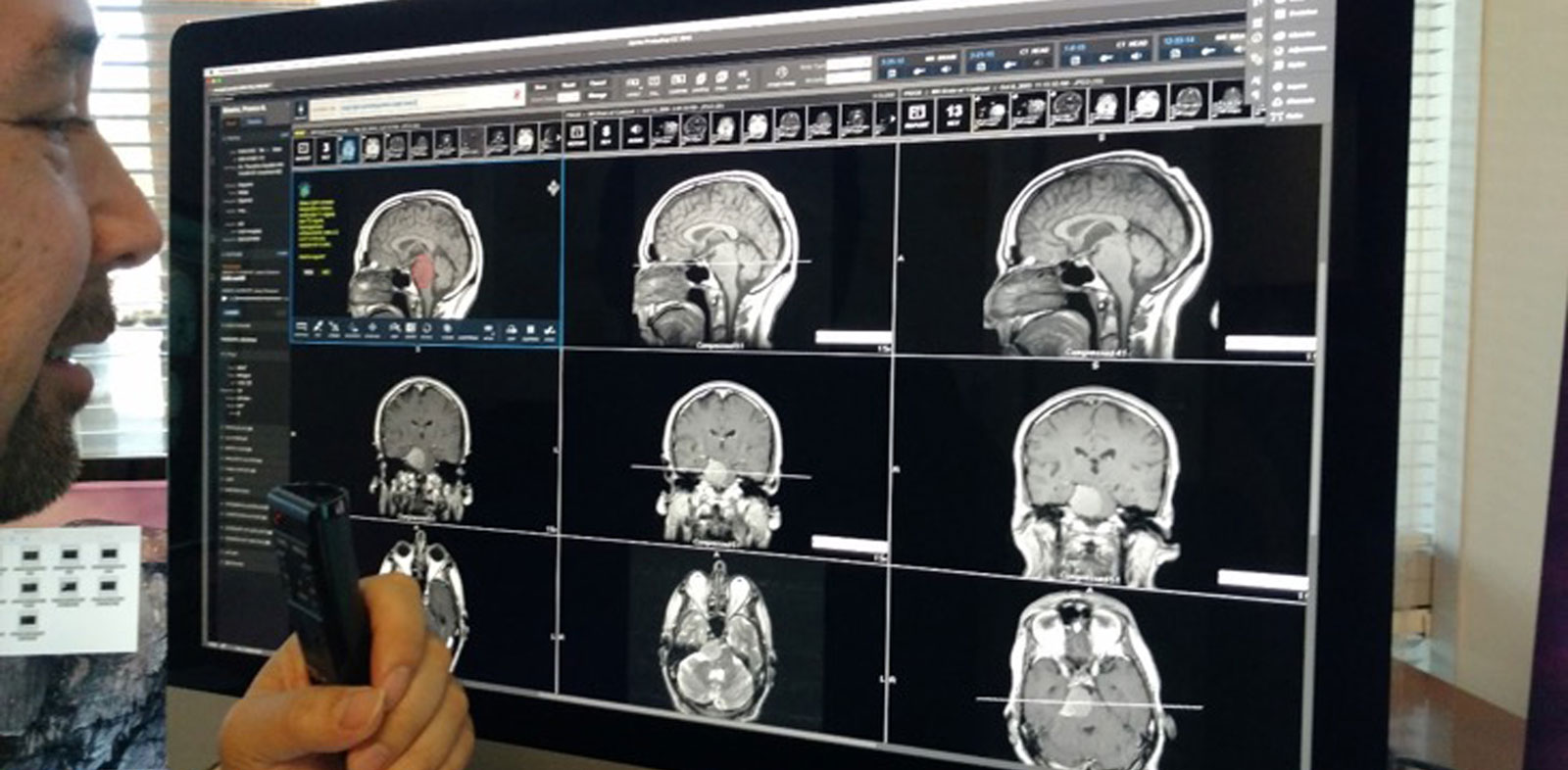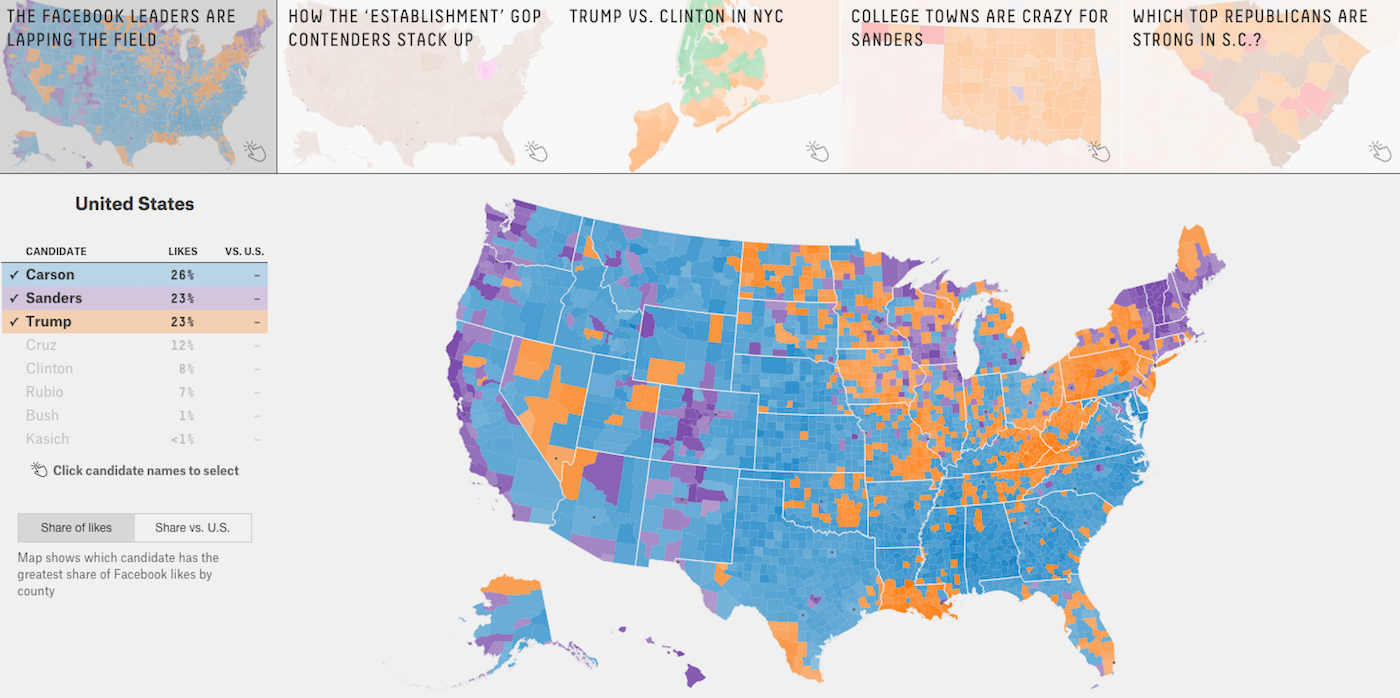
Big data is big money, so when the power goes out and data centers go offline, companies like eBay stand to hemorrhage revenue. Which is why the mega auction e-tailer's been hard at work setting up a "greener" data center in South Jordan, Utah to avoid costly and unpredictable blackouts. The now operational site incorporates thirty fuel cells developed by Bloom Energy, a company with roots in NASA's Mars program, that turn natural gas into electricity via an electro-chemical process. What's more, eBay, using recovered energy generation technology provided by Ormat, is also attempting to offset its carbon footprint by harvesting the "heat waste" generated from natural gas pipelines and turning that into energy for its Utah site. Barring any unforeseen power failures, the company's green data center won't ever have to rely on the local grid. And that independence should ensure eBay users keep bidding and buying and filling the company's coffers.
Filed under: Science
Comments
Source: Wired, GigaOm
 You probably haven't heard of YouTube-8M, but it's a big deal for anyone working in the field of machine learning. In short, it's a large database of labeled video content that programmers can use to test out their algorithms. Today, Google announced...
You probably haven't heard of YouTube-8M, but it's a big deal for anyone working in the field of machine learning. In short, it's a large database of labeled video content that programmers can use to test out their algorithms. Today, Google announced...
 You probably haven't heard of YouTube-8M, but it's a big deal for anyone working in the field of machine learning. In short, it's a large database of labeled video content that programmers can use to test out their algorithms. Today, Google announced...
You probably haven't heard of YouTube-8M, but it's a big deal for anyone working in the field of machine learning. In short, it's a large database of labeled video content that programmers can use to test out their algorithms. Today, Google announced...
 IBM is working on a way to make its Watson supercomputer a far more effective medical tool for flesh-and-blood doctors. The company wants to use the platform to analyze medical imaging data to learn what a healthy set of insides looks like. It should...
IBM is working on a way to make its Watson supercomputer a far more effective medical tool for flesh-and-blood doctors. The company wants to use the platform to analyze medical imaging data to learn what a healthy set of insides looks like. It should...
 It's no secret that algorithms can be biased against certain demographics, but the American Civil Liberties Union wants more proof -- and it's willing to go to court to get it. The organization has sued the US in the belief that the Computer Fraud an...
It's no secret that algorithms can be biased against certain demographics, but the American Civil Liberties Union wants more proof -- and it's willing to go to court to get it. The organization has sued the US in the belief that the Computer Fraud an...
 Stanford University just delivered further proof that massive, readily available data sets can solve tricky law enforcement problems. School researchers combing through a mix of 28,119 Oakland Police Department stop reports, officer body camera foot...
Stanford University just delivered further proof that massive, readily available data sets can solve tricky law enforcement problems. School researchers combing through a mix of 28,119 Oakland Police Department stop reports, officer body camera foot...
 Chicago has been inundated with gun-related crimes over the past year -- nearly 3,000 people were shot in 2015, along with another 240 already in 2016. However, in a city of 2.7 million, the CPD attributes much of this violence to a small segment of...
Chicago has been inundated with gun-related crimes over the past year -- nearly 3,000 people were shot in 2015, along with another 240 already in 2016. However, in a city of 2.7 million, the CPD attributes much of this violence to a small segment of...
 The White House announced on Monday that it is launching an ambitious online program that aims to help families and communities alike by giving them the tools to access a package of federal and local data-sets. The Opportunity Project, as it's been d...
The White House announced on Monday that it is launching an ambitious online program that aims to help families and communities alike by giving them the tools to access a package of federal and local data-sets. The Opportunity Project, as it's been d...
 Boston might be best known for the longstanding baseball rivalry between its Red Sox and the New York Yankees, but maybe the nerdier folks among us will think of it beyond Fallout 4 and PAX East now. Researchers from the Massachusetts Institute of Te...
Boston might be best known for the longstanding baseball rivalry between its Red Sox and the New York Yankees, but maybe the nerdier folks among us will think of it beyond Fallout 4 and PAX East now. Researchers from the Massachusetts Institute of Te...
 The data-minded folks over at FiveThirtyEight have teamed up with Facebook to find out what parts of the country support which candidate via an interactive map. While FiveThirtyEight stresses that this is in no way a representative sample (Facebook u...
The data-minded folks over at FiveThirtyEight have teamed up with Facebook to find out what parts of the country support which candidate via an interactive map. While FiveThirtyEight stresses that this is in no way a representative sample (Facebook u...
 One of OkCupid's biggest advantages versus other matchmaking sites is the seemingly endless amount of dating data its users provide voluntarily in an effort to find a compatible mate. The flip-side of that is OkCupid can use that information to tailo...
One of OkCupid's biggest advantages versus other matchmaking sites is the seemingly endless amount of dating data its users provide voluntarily in an effort to find a compatible mate. The flip-side of that is OkCupid can use that information to tailo...
